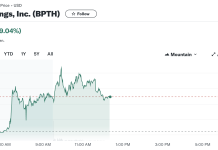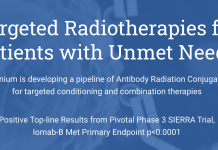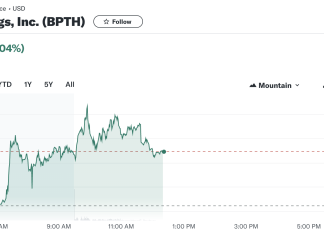Synthetic Biologics Inc. (NYSEAMERICAN: SYN) has commenced enrolment and dosing of eight trial participants in the Phase 1 multiple-ascending dose (MAD), placebo-controlled clinical study evaluating SYN-020 intestinal alkaline phosphatase.
IAP minimises intestinal inflammation
SYN-020 is a recombinant bovine IAP that is designed orally administered to the small intestines. According to published research, IAP reduces intestinal inflammation, tightens the gut barrier to prevent “leaky gut,” and promotes a healthy microbiota. Despite its extensive therapeutic promise, the exorbitant cost of IAP production has been a major roadblock to commercialization. However, the company has overcome this stumbling block and can now manufacture SYN-020 at a scale and cost that will allow for commercial and clinical development as an oral medication.
CEO and CFO Steven Shallcross said, “We are excited to announce the initiation of the Phase 1 multiple-ascending dose clinical study, which is an important milestone in furthering the clinical development of SYN-020 for multiple potential indications. SYN-020 is a promising, versatile program that we believe has enormous potential to help address a considerable need for innovative new therapies targeting disorders that stem from immune and inflammatory damage to the intestine, including celiac disease, non-alcoholic fatty liver disease (NAFLD), age-related metabolic and inflammatory diseases, and radiation enteropathy.”
Celiac disease cases to reach 4.3 million by 2023
Shallcross added, “We believe SYN-020 addresses a significant unmet market need as the total prevalent cases of celiac disease are expected to reach 4.3 million in 2023 in the U.S. alone. We look forward to announcing topline results from this study during the second quarter of 2022.”
The current Phase 1 placebo-controlled trial seeks to evaluate SYN-020’s safety, biodistribution, and tolerability after repeated dosing in around 32 healthy volunteers. At the end of each cohort, the company will conduct a safety review to establish if progression at a higher dose is possible.















